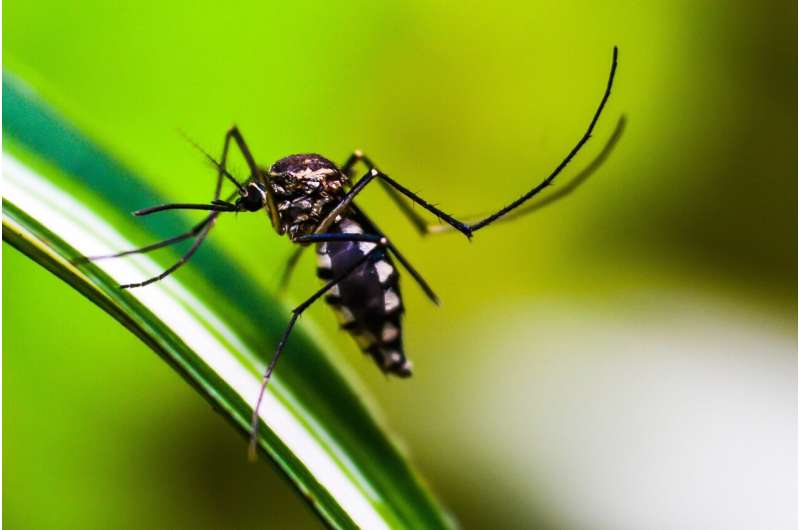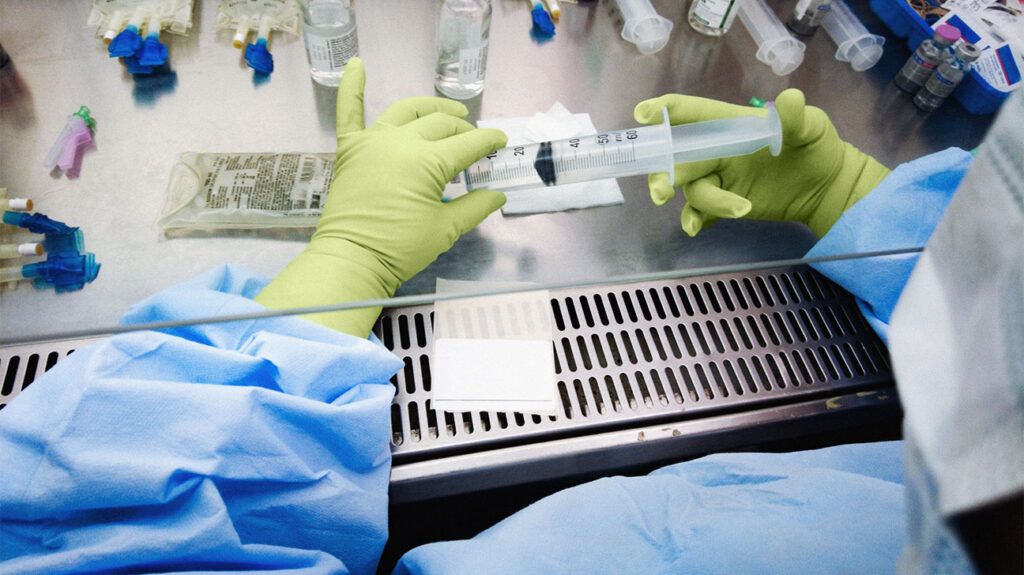Malaria Prevention Drug Remains Effective for Babies Despite Resistance in Parasites

Recent research confirms that sulfadoxine-pyrimethamine (SP) continues to protect infants' birth outcomes despite increasing resistance from malaria parasites in Africa, supporting ongoing maternal health strategies.
A comprehensive international study led by the Liverpool School of Tropical Medicine (LSTM) has demonstrated that the commonly used drug for preventing malaria in pregnant women continues to safeguard infants' health, even amid significant resistance from malaria parasites. The research, published in The Lancet Infectious Diseases, analyzed data from 122 studies involving nearly 150,000 pregnant women across sub-Saharan Africa, focusing on the efficacy of sulfadoxine-pyrimethamine (SP). In 2023 alone, about 12.4 million pregnant women in Africa contracted malaria, posing risks such as miscarriage, maternal anemia, and premature or low birth weight infants.
While resistance to SP—originally a cornerstone of malaria prevention—has increased, the study reveals that the drug still offers critical benefits. Notably, it reduces the probability of infants being born too small by 25% to 45%, irrespective of the resistance level. These benefits are thought to stem from mechanisms independent of its ability to prevent malaria, possibly due to its broad-spectrum antibiotic properties.
Dr. Anna Maria van Eijk from LSTM emphasized that even where SP's capacity to prevent infection wanes, it remains valuable for promoting healthier birth outcomes. This finding is significant for ongoing maternal health strategies, affirming the continued use of SP in antenatal care programs without evidence of harm.
Professor Feiko Ter Kuile, co-author, highlighted that these results provide crucial guidance for malaria control efforts. Although the search for more effective alternatives continues, current strategies like SP still confer important health benefits for mothers and children. As the only drug recommended by the WHO for malaria prevention in pregnancy in Africa, SP's continued efficacy underscores the need to develop new therapies, vaccines, and understanding of SP's effects beyond malaria prevention.
This research supports the ongoing use of SP while emphasizing the urgent need for innovation in malaria prevention to better protect vulnerable populations, especially pregnant women and their babies.
Source: https://medicalxpress.com/news/2025-07-malaria-drug-babies-parasites-resistant.html
Stay Updated with Mia's Feed
Get the latest health & wellness insights delivered straight to your inbox.
Related Articles
Genetic Mutations and Their Role in Dementia Development in Parkinson's Disease
Recent research highlights how GBA gene mutations contribute to cognitive decline in Parkinson's disease by disrupting neuron communication and synaptic function, offering new targets for treatment.
Variations in Breast Cancer Incidence Among Older Women by Age and Race
Breast cancer incidence among older women exhibits diverse trends based on age, race, and stage at diagnosis, according to recent research. This study highlights the importance of age-specific analysis for better prevention and treatment strategies.
Understanding How the Epstein-Barr Virus Facilitates Its Spread in the Body
New research reveals how the Epstein-Barr virus enhances its dissemination by manipulating B cell migration, opening new avenues for targeted therapies against associated diseases.
Combination Therapy Halves Recurrence and Mortality in Stage 3 Colon Cancer
New clinical research shows that adding immunotherapy to chemotherapy after surgery can reduce recurrence and death risk by 50% in stage 3 colon cancer patients, offering hope for more effective, personalized treatments.



